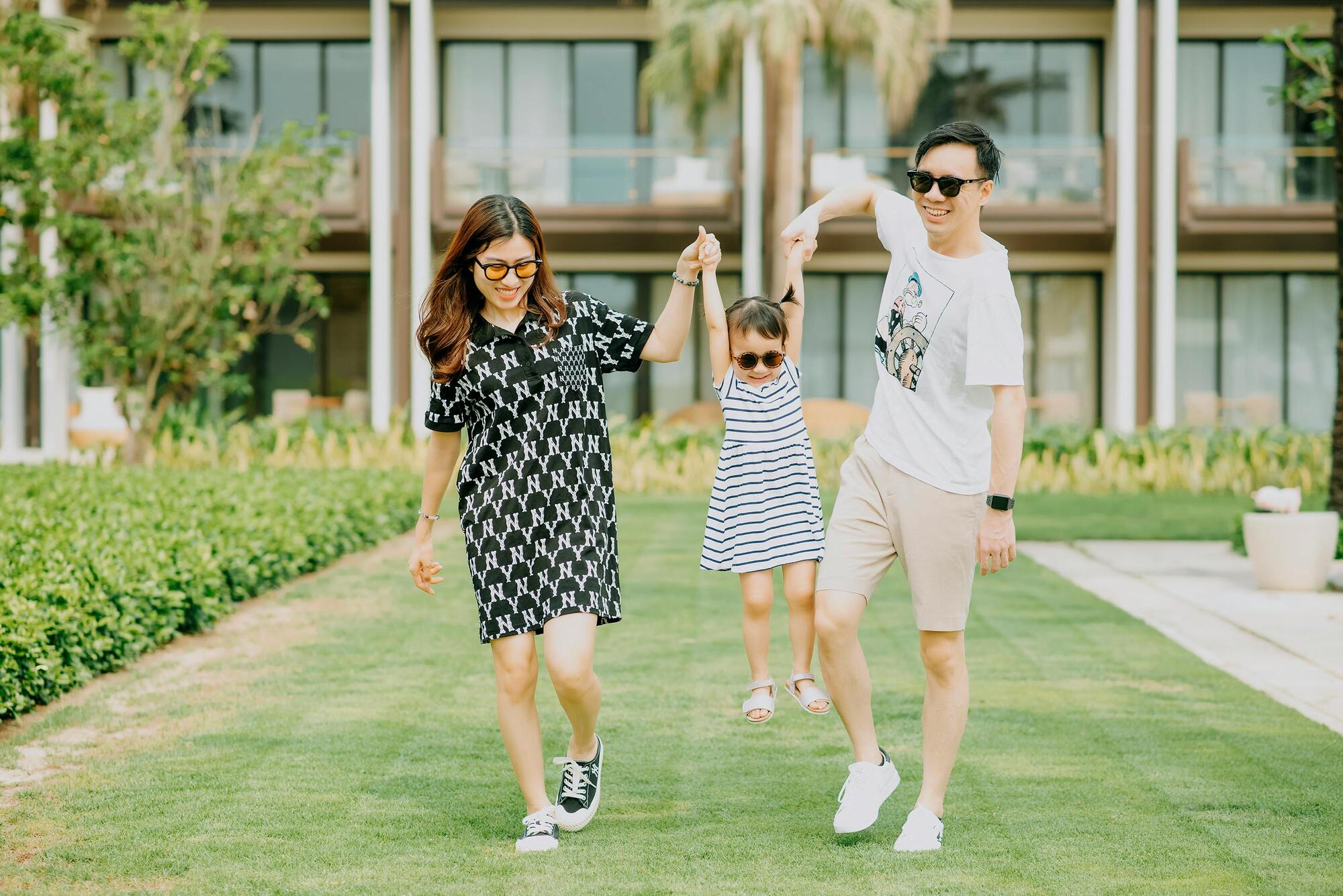Navigating the space between maintaining a connection to your cultural roots and embracing personal growth and independence can feel like walking a tightrope. For many, cultural identity provides a sense of community, continuity, and comfort. However, as individuals strive for personal development and autonomy, they might find themselves at odds with traditional expectations, leading to feelings of anxiety, depression, or even trauma. Research has shown that first generation students are more likely to suffer with depression. In this article, we’ll explore practical advice on how to honor your cultural background while also expanding your horizons and cultivating your unique identity, and address how to manage the psychological challenges that may arise.

Understanding Cultural Identity
Cultural identity is a vital component of our overall sense of self. It influences our values, beliefs, behaviors, and how we view the world. Understanding your cultural heritage can provide a sturdy foundation as you navigate through life’s various phases. Start by engaging with your family’s history, traditions, and values. Participate in cultural events and take the time to learn the stories behind your traditions. This deepened understanding will not only strengthen your roots but also enrich your personal identity.
Embracing Personal Growth
While cultural traditions provide a strong foundation, personal growth often requires stepping beyond comfort zones. This might mean pursuing opportunities that are not traditionally embraced within your culture, such as a unique career path, unconventional hobbies, or diverse relationships. It’s important to see these explorations not as rejections of your heritage but as expansions of your identity. However, diverging from familial or cultural expectations can lead to feelings of guilt, anxiety, and even depressive thoughts, as the pressure to conform can be immense.
Communication is Key
One of the most challenging aspects of balancing cultural and personal identities often involves navigating family expectations. Open and honest communication is essential. Express your respect and love for your heritage and your desire to explore new aspects of life that may be outside traditional norms. This conversation can be delicate, so approach it with empathy, understanding that your family’s concerns often stem from a place of love and protection. Addressing these issues openly can help mitigate feelings of anxiety and the stress that comes from unmet expectations.
Setting Boundaries with Respect
Setting boundaries is crucial in managing the expectations that come with cultural traditions. It’s possible to participate in cultural practices while also setting limits that reflect your personal comfort and beliefs. Explain your boundaries to your family respectfully and clearly, and why they are important for your personal and mental growth. Over time, this will help ease the tension between traditional expectations and personal independence, reducing the risk of trauma associated with rejection or conflict.
Finding Role Models
Seek out role models who embody a healthy balance between cultural adherence and personal independence. These might be community leaders, mentors, or public figures who navigate their dual identities with grace and strength. Learning about their journeys can provide both inspiration and practical strategies for handling similar challenges, especially in dealing with mental health struggles like anxiety or depression linked to cultural pressures.
Creating a Supportive Community
Building a community that understands and supports your dual pursuit of cultural respect and personal independence is invaluable. This community can include friends, peers, and mentors who encourage your journey. Look for groups or clubs that focus on multicultural experiences, or start your own. A supportive community can provide a safe space to share experiences, challenges, and successes, acting as a buffer against mental health challenges.
Continuous Learning and Adaptation
Balancing your cultural identity with personal independence is an ongoing process. Be open to continuous learning and adaptation. As you grow and your life circumstances change, so might your approach to balancing these aspects of your identity. Remain flexible and open to revising your strategies as needed, especially in managing the psychological impacts of cultural pressures.
Maintaining your cultural roots while growing your wings is a dynamic and enriching journey. It requires patience, understanding, and courage. Remember, honoring your cultural background while embracing your independence enriches your identity, making it multifaceted and robust. At Healing Springs Wellness Center, we support your journey towards a balanced personal and cultural identity, providing resources and guidance that respect both your heritage and your individual aspirations, including addressing any mental health concerns that arise. To explore more about embracing your full potential while staying true to your roots, click here to join our therapy group for Asian Americans who are ready to find autonomy and set healthy boundaries with family.




